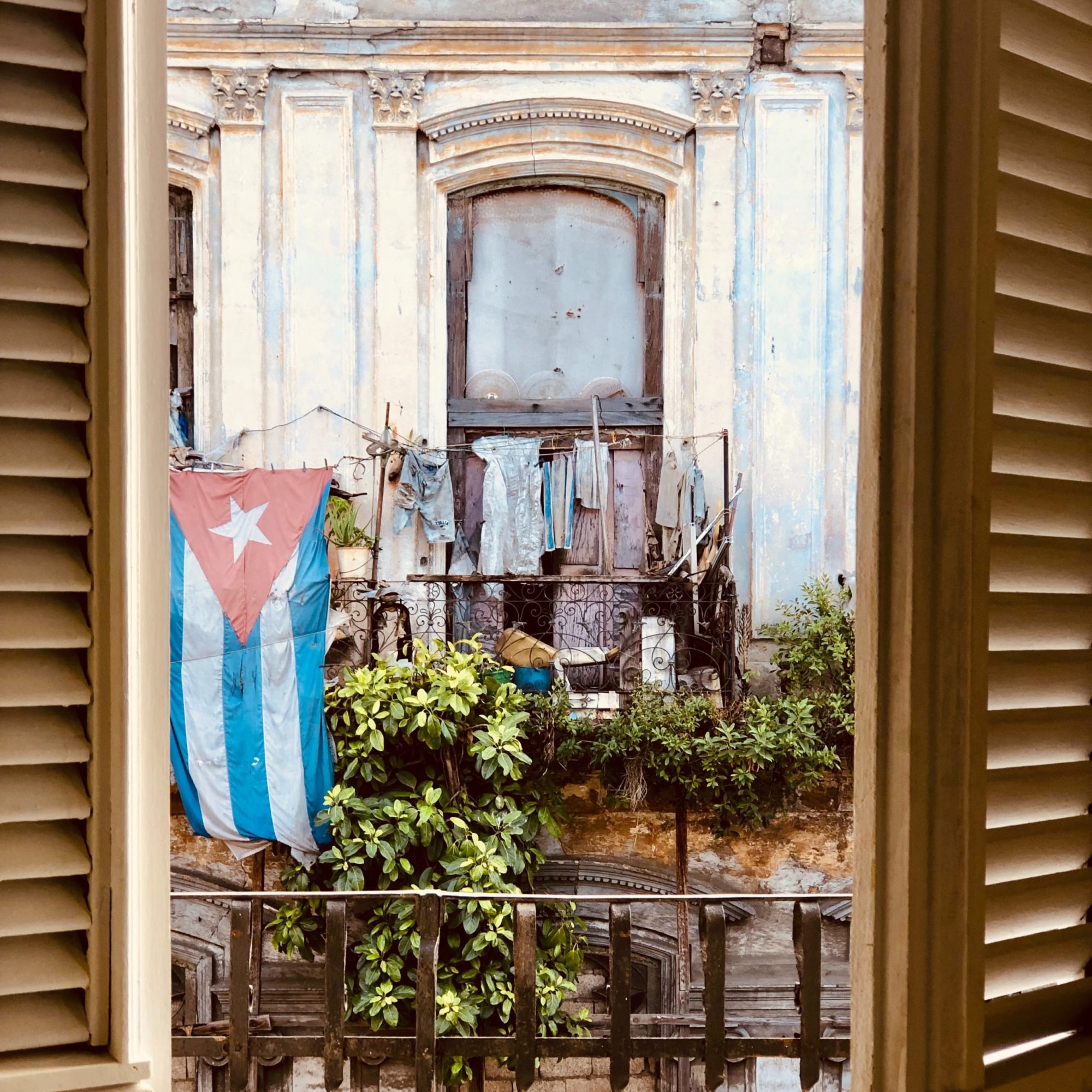The COVID-19 pandemic has profoundly altered employment, education, and interpersonal relations in a matter of months. Currently, the United States leads the world in coronavirus infections and deaths while individual states taper down social distancing requirements. As the understanding that this virus will be a facet of daily life for at least the next year sets in, governments and citizens across the world are in urgent search of policy solutions. Effective coronavirus policy can address health, economic, and educational damage to a country’s population, while ineffective coronavirus policy can worsen all three.
Thus far, countries that have been frequently cited as “examples to follow” include South Korea, Singapore, and Taiwan. These nations have a comparatively high level of wealth and ethnic homogeneity, as well as governments with strong state capacity that enjoy relative trust among their populations. However, these traits are not the norm in other countries battling coronavirus. A lack of parallels between these countries and others has spurred a search for other regions where effective, broadly applicable policies might be found and where cautionary tales might be learned. This emblematic, concerning yet hopeful region is Latin America.
The world should be looking at Latin America to understand the best- and worst-case scenarios that coronavirus could wreak on health, economies, and education in the long-run.
The world should be looking at Latin America to understand the best- and worst-case scenarios that coronavirus could wreak on health, economies, and education in the long-run. Latin America offers lessons in policymaking for polarized and highly unequal societies that are closely integrated into the world economy. In fact, Latin America’s economic, ethnic, and geographic diversity mirrors the world’s at large. Recent World Bank data shows regional countries’ Gini coefficients ranging from 40-57, where 0 represents maximum economic equality and 100 represents maximum economic inequality among citizens. Ethnically, the region hosts large Indigenous populations, afro-descendent populations, and immigrants from the Middle East and Asia. Geographically, the region possesses a wealth of oil reserves, natural minerals, and vast agricultural plains and fertile valleys. Such diversity and such similarity with countries outside of the region suggest two outcomes. First, at its best-prepared, Latin America can draw from deep-seated economic resources and intellectual talent to face the pandemic. Second, at its worst-prepared, Latin America is vulnerable to hierarchical divisions, societal fragmentation, and unequal distribution of resources that impede pandemic response time and quality.
Barely six months into the pandemic, both outcomes are apparent in different countries of the region. Brazil embodies political strategies that have harmed its citizenry, Peru represents policies that appeared to help but effectively hurt its citizenry, and Cuba encapsulates a seemingly successful pandemic mitigation response.
Brazil has the world’s second-worst coronavirus outbreak behind the United States. The official response has been characterized by intra-governmental tension about how to communicate the facts and how to manage facts that did not align with the president’s ideology. The country’s policies — including an initial attempt to implement a national college-entrance examination on schedule — assumed vulnerable citizens under duress had the same priorities and resources as affluent citizens. Brazil’s government did attempt to protect conditional cash transfer programs during the crisis, but the financial boost has not been fully felt among beneficiaries.
Peru’s coronavirus policies were in lockstep with international recommendations, yet the country’s underlying inequality warped their implementation and effects. The government mandated an early and strict lockdown, rolled out economic aid, shared health data with the public, increased daily testing, and fortified hospital resources. However, there existed a disconnect between these pronouncements and the challenges faced by the local population — including lack of access to running water, lack of refrigerators, and limited employment options that forced people to risk their health.
From self-reported news subsequently confirmed by The Guardian and a professor at American University, Cuba appears to have the pandemic under control. The island’s national biotech industry has produced two drugs that reduce hyper-inflammation in critically ill coronavirus patients, although experts caution that more studies are needed. Nonetheless, Cuba’s death rate is lower than the regional and global average. Other policies credited with this success include closed borders, schools, and public transportation, obligatory mask-wearing, and contact tracing.
What can policymakers outside Latin America conclude from these diverse pairings and outcomes? First, the quality of enforcement is just as important as the measures that are named, shown by diverging results in Peru and Cuba. Government transparency is paramount, as illustrated by Brazil. While it is difficult to conclusively address social inequality, governments need to offer different types and depths of assistance to vulnerable populations during times of crisis. As countries worldwide debate the success of various measures, these are three data-driven truths that are hard to ignore. Finally, this pandemic provides an impetus for countries to engage in medical and technological diplomacy to save lives and further common interests. Usually foreign policy is associated with treaties, memoranda, troop drills, trade pacts, and educational exchanges. Yet in this pandemic-driven world, the simple act of learning from our neighbors is foreign policy at its best.
Isabel Bernhard is a MSc. candidate in Latin American Studies at the University of Oxford.




















